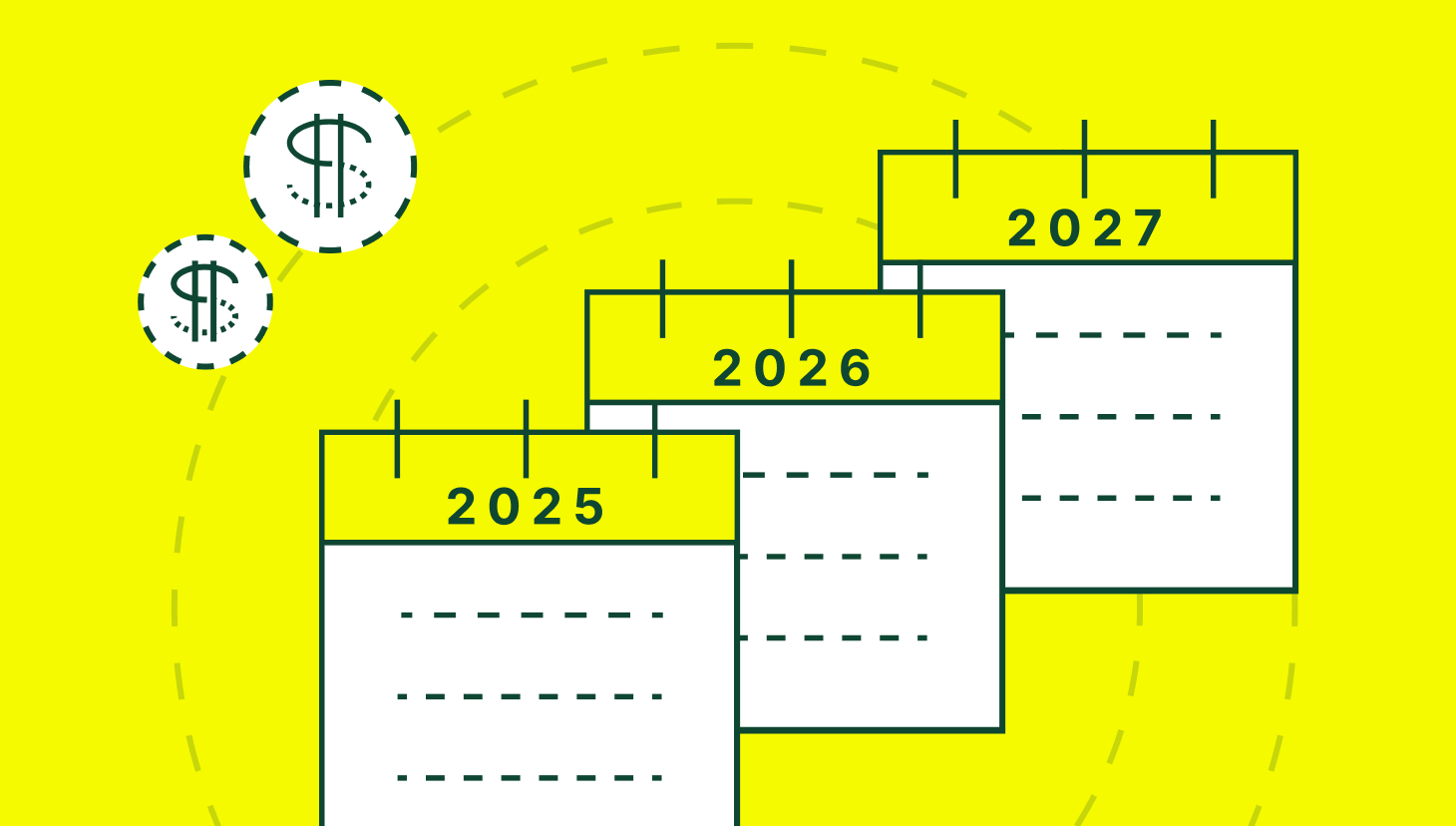You’ve had a solid quarter. You hit your sales quota, signed big-name clients, and consistently closed deals.
Then you see your sales commission check and it’s inaccurate. Very, very inaccurate.
Wait… what?
Where is all the money you earned? You go on a wild goose chase for answers. Who’s in charge of compensation anyway? Sales ops? Your Sales Director? Someone in the C-suite? Are you really prepared to complain about your pay to a senior member of the company?
Maybe the mistake is yours. You’ve been tracking your sales commissions in a spreadsheet, but you’re no Excel whiz. You’re a closer. Did you botch one of the equations? Come to think of it, management tracks sales commissions with spreadsheets too. Did they make an unfortunate typo or forget to add your latest deal?
For salespeople, these situations are far too common. Inaccurate paychecks are unfair, demotivating, and create unneeded tension. Finding answers is difficult, and can drive talented salespeople to look for new jobs. In fact, pay is the No. 1 reason people quit their jobs.
Here are seven common reasons why sales commissions are inaccurate.
Try the most collaborative solution to manage, track and payout variable compensation. Calculate commissions and pay your team accurately, and on time.
Start TrialSpreadsheets are riddled with errors
Many companies rely on spreadsheets to calculate sales commissions. But spreadsheets are notoriously unreliable. One study found that 88% of spreadsheets contain discrepancies. The culprit? Manual data entry. The error-prone process results in inaccuracies that lead to major consequences. Back in 2012, a typo by a London Olympics staffer led to the erroneous sale of 10,000 extra event tickets that had to be refunded or exchanged. Harvard economics professors suffered a spreadsheet error that reversed key results of an academic study. JP Morgan arguably had the worst spreadsheet mishap — once losing $6 billion due to a copy/paste error. If those institutions are susceptible to errors, so is your organization.
Sales commission plans are a low priority
CEOs identify talent retention and attraction as priority for 2020. But many executives don’t focus on compensation plans as a major motivator. Managers may even argue that salespeople should close deals for the good of the company, not to earn commissions! Managers and executives are focused on the next pay period, not the previous one — and if there’s a discrepancy, don’t expect a quick solution.
Determining who’s in charge of comp isn’t easy
When there’s a problem with your compensation, it’s difficult to get answers. Who owns the sales commission process? In a smaller company, that responsibility might fall on top executives. In a larger organization, operations, sales managers, or even finance could be in charge. Finding answers can be time-consuming and takes you away from what you do best — selling.
Fragmentation
Sales compensation plans can vary widely from department to department — or even salesperson to salesperson. In some organizations, every salesperson has an entirely different comp plan! Even if the basic format of the plan is the same, exact commission rates might not be identical. Such fragmentation leads to confusion and frustration.
Comp plans are delayed
It’s already March and plenty of companies have not yet released sales comp plans. With no metrics to shoot for, salespeople are unsure how to achieve bonuses and earn more pay. That creates friction and impedes motivation. If you don’t know your quota, how can you shoot to exceed it?
Comp plans change
The only constant in comp plans is that they change. If you’re lucky, your plan only changes once a year, but if people are consistently demolishing quotas, expect management to increase quotas to match attainment. When there is change in management — say a sales director leaves the company — their replacement is left with a legacy comp plan and is likely to make changes. Sometimes these changes are warranted; other times they feel unfair — like someone moving the goalposts further away while you’re still playing the game.
Comp plans are treated like a chore
In many organizations, comp plans — and commission calculation — are viewed as a burden for management. That’s a mistake. Instead, they should be treated as a strategic lever to motivate and retain top talent.
Lack of transparency
Managers typically track commissions on a spreadsheet that’s inaccessible to staff. It’s nearly impossible for salespeople to find errors. That lack of transparency leads to uncertainty and demotivates salespeople striving hard to reach goals.
QuotaPath helps companies solve the inaccuracy problem by calculating and automating commissions in a quick, easy way. Automated data makes the QuotaPath process far more accurate than manual data entry. Transparent calculations build trust between executives and salespeople. Easy-to-understand statistics and dashboards keep salespeople motivated to hit goals and excited to have clarity around pay. If you haven’t checked us out, it’s free to sign up and start tracking your commissions today.



